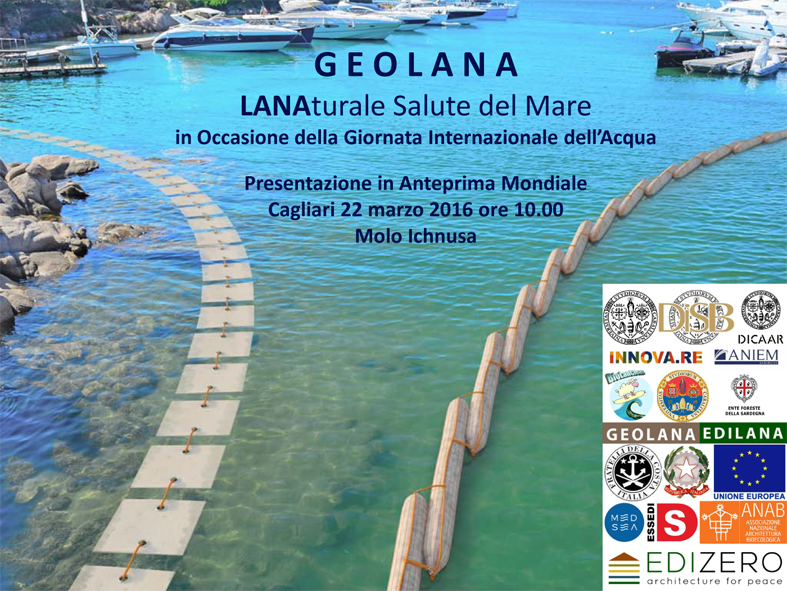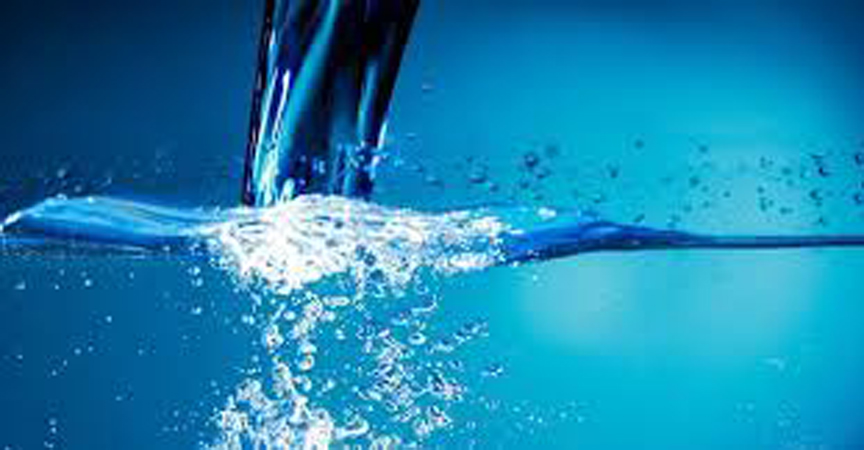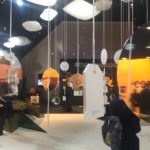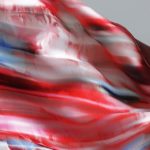The plastic of the sea turns into yarn
According to an EU project developed in Spain, the plastic that pollutes the seas can turn into clothing fashion, producing polyester yarns with energy savings.
Ecoalf, a small Spanish company that designs and markets textiles and accessories made from recycled materials such as PET bottles, fishing nets, used tires, coffee post-consumer and post-industrial cotton, can recover marine debris and turn them into products fashionable.
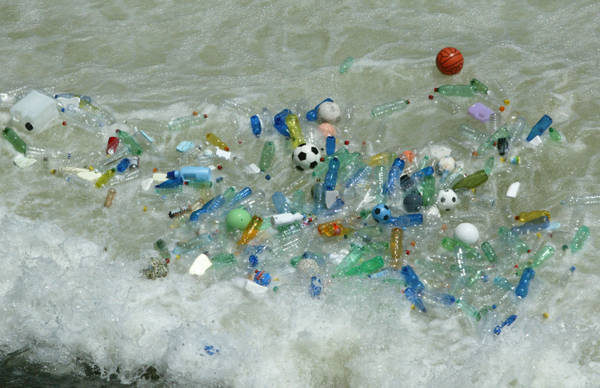
A feasibility study funded by the EU, entitled “Upcycling the oceans“, was initiated to analyze the economic feasibility and evaluate the potential to collect marine debris in plastic to produce high quality clothing, with the aim of developing production technologies using sophisticated processes of R & D to recycle the debris found in the ocean, he explains the project coordinator of the Spanish company Paloma Oñate Ecoalf to Cordis, the platform related to the Research and Development of the European Commission.
In particular, it is intended to create a first generation of recycled products from marine debris with qualitative properties, and design techniques that are not recycled to the top products. The study also underlined the importance of coordination with organizations that deal with fishing. For this Ecoalf met various leaders of the fishing industry when reaching agreements with regional organizations of Valencia. The study also revealed that the lack of collection points of the waste in the ports has hampered in the past attempts to recycle in the seas, so it is expected the need to develop an integral system of waste management in each port. The environmental benefits of this initiative are not limited so simply removing one of the main causes of marine pollution.
The production of polyester threads starting from recycled materials, rather than from non-renewable raw materials, it means 20% less waste in the water, a 50% reduction of energy consumption and 60% reduction in air pollution during the production process.
